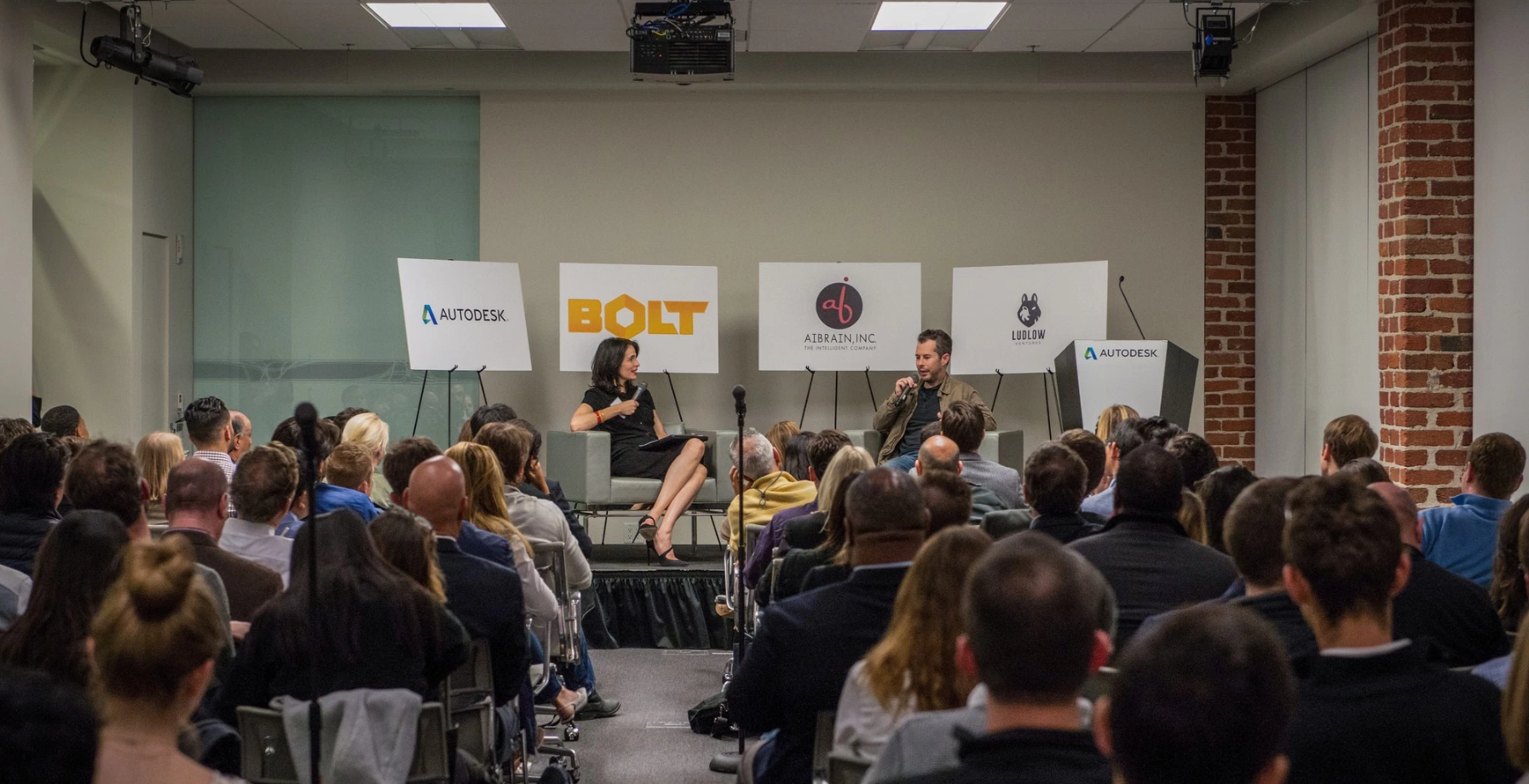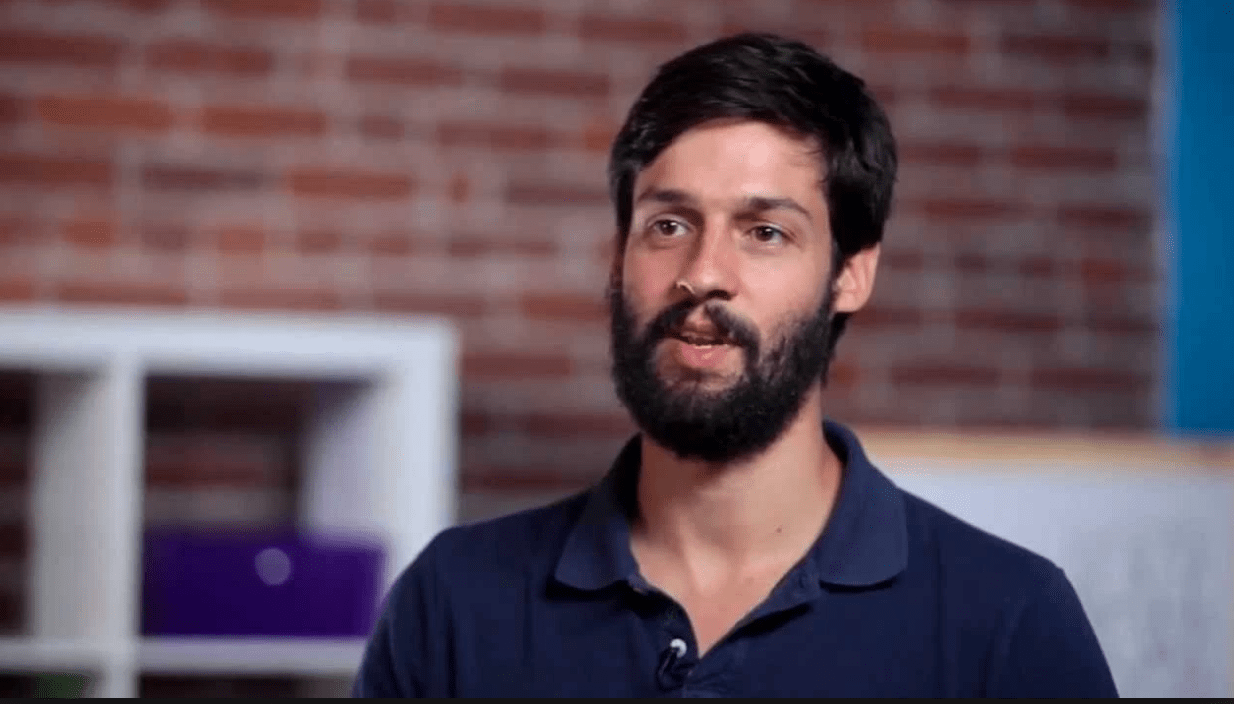Hi, all! We’re racing off to test-drive some go-karts for TechCrunch. We’ll have some more for you on the company — a Tony Fadell production — soon. In the meantime, enjoy your Friday and we’ll see you back here Monday.:)
—–
Top News in the A.M.
The Dow, S&P 500 and Nasdaq all hit new closing highs yesterday, bolstered by a rebound in oil prices and new data showing the labor market remains solid. It’s the first time all three indicies have set new closing marks on the same day since New Year’s Eve of 1999. More here.
—–
Both Trump and Clinton are Taking on Carried Interest, So Why Are VCs All “Meh”
During every U.S. presidential election season, at least one candidate vows to repeal carried interestdeductions. Meanwhile, venture capitalists do their part and argue against it. The issue is near and dear to their hearts because carried interest treats investment partners’ salary as an investment and not income, taxing it at long-term capital gains rates and not as ordinary income (which is taxed more heavily). Many VCs also believe they deserve the tax break for taking risks and holding on to assets for what often becomes many years on end.
The National Venture Capital Association, which represents venture firms’ interests, is very much atop the issue again this election season. It issued a statement earlier today calling Democratic presidential nominee Hillary Clinton “misguided” after she presented an economic plan at a manufacturing company in Warren, Michigan that called for the repeal of carried interest. The NVCA also published a release on Monday, after Republican nominee Donald Trump presented a plan in Detroit that similarly suggests doing away with carried interest. It would “threaten [the] entrepreneurial ecosystem,” said the NVCA.
Still, you aren’t seeing much outrage on the part of individual VCs, and we have a few theories as to why.
Let’s start with Trump, whose tax plans have even top academics confused by what, exactly, he is proposing. (“It’s very hard to figure it out,” said Harvard Business School professor Josh Lerner when we called him earlier this week to discuss it.)
Part of the problem: While Trump is proposing ending the taxation of carried interest at long term capital gains rates (which are currently around 23.8 percent), and instead proposing it be taxed at 33 percent, which is the highest marginal tax bracket in his plan, Trump has thrown a separate wrench into the works. Specifically, he has said he wants a new 15 percent business tax for members of partnerships and other pass-through business entities.
This might give VCs reason to cheer, except that the tax is so low that pretty much every business in the U.S. would restructure itself into a pass-through business if it came to fruition, quickly destroying the economy. (Kansas passed a similar law in 2012. Now Bill Self, the head coach of the University of Kansas’ men’s basketball team, who reportedly makes more than $2.75 million a year, pays almost no income tax because he receives the bulk of his annual compensation through an LLC.)
A Washington, D.C., tax specialist who asked not to be named calls it “not remotely practical when you consider the deficit challenges going forward. In fact, I don’t see any way for what [Trump] is proposing to be put into place.
—–
New Fundings
Atomo Diagnostics, a six-year-old, Sydney, Australia-based diagnostic device maker, has raised roughly $3.5 million from investors, including the New York-based outfit Global Health Investment Fund. More here.
MiningLamp, a two-year-old, Beijing, China-based company that provides customized big data solutions to its customers, has raised $30 million in Series B funding from Sequoia Capital China, with participation from Share Capital, Surfilter Network Technology and earlier backer Heaven-Sent Capital Management Group. China Money Network has more here.
Smooch, a 10-month-old, San Francisco-based company that facilitates customer conversations over multiple messaging and communication platforms, has $10 million CAD ($7.7 million) in seed funding co-led by Real Ventures and iNovia Capital, with participation from TA Associates and Smooch’s founders.
UpGuard, a four-year-old, Mountain View, Ca.-based cyber security company, has raised $17 million in Series B funding co-led by Pelion Venture Partners and Square Peg Capital. More here.
Zenoti, a six-year-old, Seattle-based cloud-management platform focused on helping salons run their businesses, has raised $15 million in a fresh funding led by Norwest Venture Partners. TechCrunch has more here.
—–
Exits
The company formerly known as Silicon Graphics has been acquired by Hewlett Packard Enterprise for around $275 million. TechCrunch has more here.
—–
Jobs
Oculus, the virtual reality company owned by Facebook, is looking to hire a business development manager. The job is in Menlo Park, Ca.
—–
Essential Reads
A new report from the World Economic Forum predicts that the underlying technology introduced by the virtual currency Bitcoin will come to occupy a central place in the global financial system. It’s one of the strongest endorsements yet for the technology. Dealbook has more here.
—-
Detours
Some people get all the luck.
A wireless hack that can unlock 100 million Volkswagens.
Photobombed by a squirrel. (Troublemaker.)
—–
Retail Therapy
Sold.



 You’re opening another of your own schools in Lower Manhattan this fall, and another in Chicago early next year. But after that, you’ll be more focused on partnering with other new and existing schools. Is that right?
You’re opening another of your own schools in Lower Manhattan this fall, and another in Chicago early next year. But after that, you’ll be more focused on partnering with other new and existing schools. Is that right?